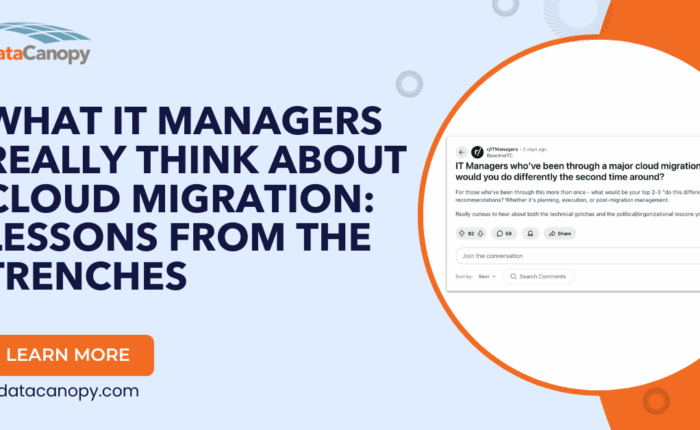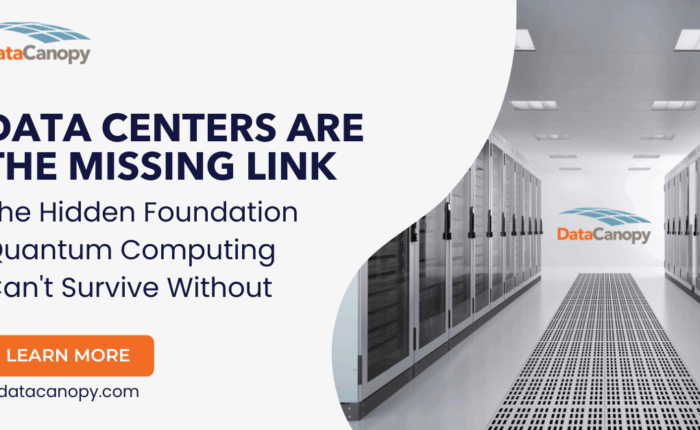 The rise of DevOps is coinciding with the rise of hybrid cloud. Are you surprised? In a recent Right Scale 2017 State of the Cloud Report, DevOps adoption rose to a staggering 84% in the enterprise. Hybrid cloud use was reported to be on a steady increase with 67% of respondents having implemented it, and 85% of enterprises polled embracing a multi-cloud strategy in 2017. All of these numbers point to the need for customization and agility across organizations large and small to improve operations and remain competitive.
The rise of DevOps is coinciding with the rise of hybrid cloud. Are you surprised? In a recent Right Scale 2017 State of the Cloud Report, DevOps adoption rose to a staggering 84% in the enterprise. Hybrid cloud use was reported to be on a steady increase with 67% of respondents having implemented it, and 85% of enterprises polled embracing a multi-cloud strategy in 2017. All of these numbers point to the need for customization and agility across organizations large and small to improve operations and remain competitive.
Breaking Down Barriers
The move in IT has been to work outside of the silos that once defined its people and infrastructure. Cloud is not isolated from other infrastructure and developers aren’t isolated from IT operations. Instead each must bleed into the other a bit. Clouds are connected to each other and, in turn, to physical infrastructure. Developers, engineers, and admins must be an expert in their area of focus, but also understand the broader goal and what is required to achieve it. Everything and everyone moving together toward some business goal-achieving nirvana.
Easier said than done, but it’s a philosophy that when put into practice and supported company-wide can optimize and dare I say transform the organization. Hybrid cloud by its very nature is built to support the unique needs of the company, to ensure that continuous delivery is possible and that the holistic needs of the company are met from the foundation up.
Putting the Pieces Together
With many IT organizations moving toward a multi-cloud, hybrid environment, the choices can be overwhelming. What works best for some does not apply to all. The key is getting the right mix or public, private, and physically hosted infrastructure to support development, regulatory, and security needs.
As we mentioned above, most organizations – even those who have transitioned to DevOps – are not 100% in the cloud and are not planning to ever completely abandon their physical infrastructure. These organizations must not only optimize their cloud services to limit waste (30-40% of cloud resources paid for are wasted), but they must also provide care and feeding for their servers. Colocation can be a strategic element of the hybrid IT environment for these organizations as they free their engineers and admins from what one of our clients have called the “time vampire” of data center management and enables them to instead focus on strategic work and ensuring optimal performance.
In addition, outsourcing data center hosting with a flexible provider can also help you to scale as needed to support consolidation or growth efforts. The logistics involved in reduction or expansion of physical infrastructure for an on-premise data center become unwieldy and quite costly. When hosting with the right provider in the right facility, you can connect to your public and private cloud, have assured physical security and compliance, and limit your resource drain to support DevOps and beyond.



